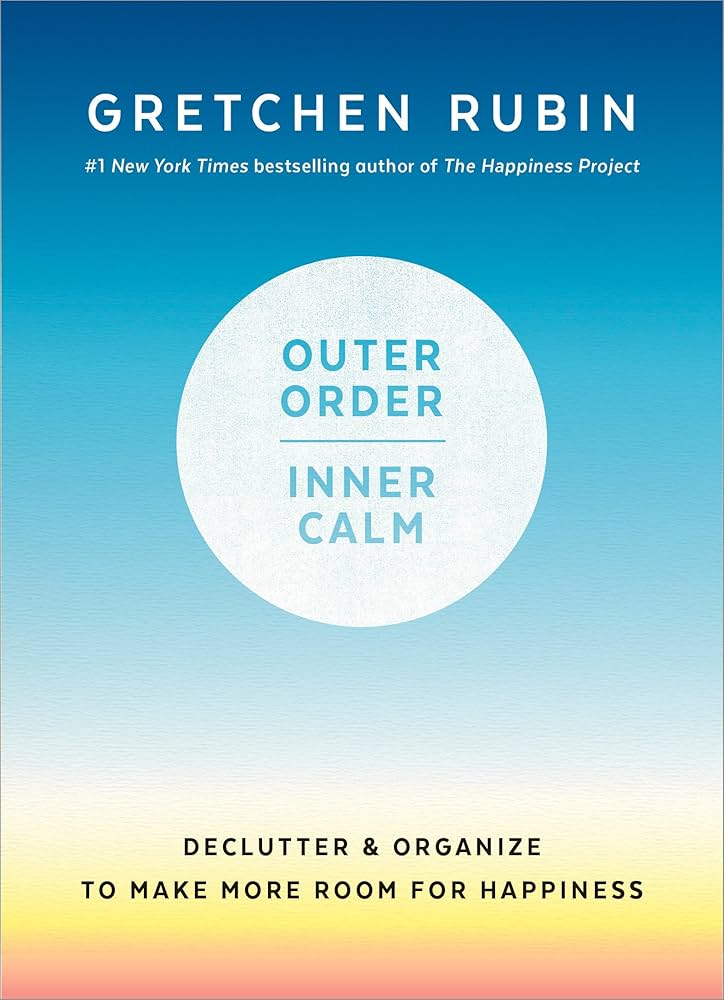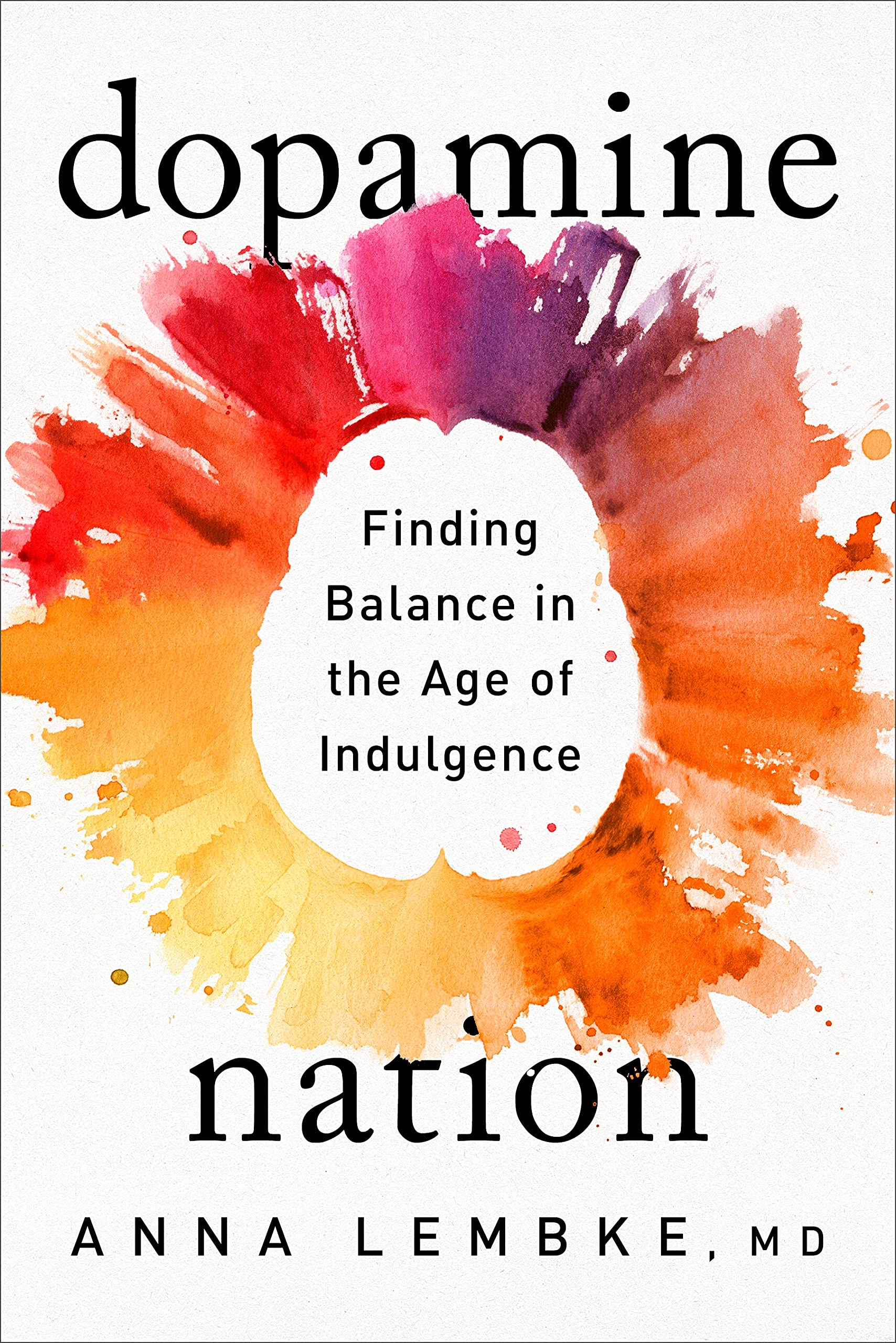Lesson 1. Busting the myths.
Happiness is a natural state for all humans, and if you are not happy, you’re flawed. Negative feelings lead to a bad life. In order to lead a happy life, one must get rid of such negative feelings. One should be in control of his or her thoughts and feelings. These four decrees that encompass happiness, have been accepted as universal truths. However, these are better off as myths.
Most people feel that they are the only ones who are not happy. They think that society assumes psychological distress to be unusual. People forget the fact that experiencing good feelings has a parallel negative side to it, which needs to be experienced too. They are of the opinion that refraining from negative feelings can lead to ultimate happiness. And hence, they end up practicing control over emotions for a brief span of time. It might work initially, but eventually, these negative feelings come back. This leads to more unhappiness because it becomes a struggle against human nature. A battle which cannot be won thus paves way for the happiness trap.
We all try to control our feelings, thoughts and emotions. We’ve been taught to do so since our childhood. Control strategies when used in moderation are beneficial. But they become problematic when we try to exercise too much control. Subconsciously, we get too immersed in such control strategies and they end up becoming an inevitable part of our routine. The problem begins when this control stops us from doing things we value and ends up harming us psychologically or physiologically. This phenomenon becomes a vicious cycle and ineffective control strategies add on to the happiness trap.
Lesson 2. Defusion and Acceptance.
Acceptance and Commitment Therapy, also known as ACT, is a mechanism devised with the aim of efficiently escaping the happiness trap. It is a six step process, with two main agendas. The first principle amongst these six is defusion. Cognitive fusion occurs when thoughts combine with things which are being referred to in the thoughts. When someone talks about apples, we end up picturing an apple in our mind. Cognitive fusion makes us believe that thoughts are real, important and true. Conversely, cognitive defusion tells us that thoughts are just words and they may or may not be true. ACT comprises techniques which help us distinguish between fusion and defusion. Negative feelings form a major portion of our thoughts. Only when we fuse them with reality and consider them as truth, they become tricky. It is commonly mistaken that ACT promotes defusion, but
Unlock Knowledge with Wizdom App
Explore a world of insights and wisdom at your fingertips with the Wizdom app.
 1 Million+ App Download
1 Million+ App Download  4.9App Store Rating
4.9App Store Rating 5000+Summaries & Podcasts
5000+Summaries & Podcasts









